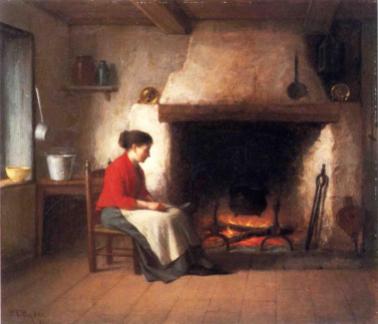
Lepus Print, a new Sligo-based publisher, will offer an on-line Path to Publication Workshop at the 2021 Allingham Festival.
The workshop will help writers clarify the nature and direction of their writing, improve their craft, and develop publication-worthy manuscripts. Writers of fiction, non-fiction, poetry, and children’s books are invited to apply.
Led by Lepus Print publishers and authors Brian Leyden and Mary Branley, the on-line
workshop invites applications from writers worldwide. Scheduled as a fully-interactive
webinar from 10 am to noon GMT on Thursday, 4 November, the workshop will be limited
to 12 participants.
Workshop applicants are asked to provide a 50-100 word summary of their experience in
writing and publishing, a 150 word description of their goals and their work-in-progress,
and copies of five poems or two chapters of prose (up to 7,000 words) by October 1.
Application documents and work samples should be attached to an email addressed to allinghamfest@gmail.com by October 1, including the words LEPUS PUBLICATION
WORKSHOP in the subject line.
Applicants who are selected for the Lepus Path to Publication Workshop will be asked to
confirm their attendance by purchasing a €15 ticket on-line. For additional information contact Tom Sigafoos, PRO, Allingham Festival, tomsigafoos@gmail.com.

The deadline for entries in the Allingham Poetry and Flash Fiction Competitions is Sept 17. Entry forms for the competitions are found at www.allinghamfestival.com.







 A writing prompt to keep you going for a few weeks: Write a short story. How? There is plenty of advice on the Internet, some excellent, some less so. I chose the following from
A writing prompt to keep you going for a few weeks: Write a short story. How? There is plenty of advice on the Internet, some excellent, some less so. I chose the following from 

 This week’s prompt is a quote from
This week’s prompt is a quote from  “It was the day the dandelions turned into clocks.” — Sherrie Scott, member of the original Scratching Hens.
“It was the day the dandelions turned into clocks.” — Sherrie Scott, member of the original Scratching Hens.